Bermuda postage stamps year 1938 Used lot
The 1938 Bermuda postage stamps are highly significant in philately, as they represent the first definitive series issued for King George VI (KGVI) and feature beautiful pictorial designs of local scenes.
When referring to a “used lot” of these stamps, you are generally referring to a collection of stamps from the 1938-1953 King George VI Pictorial Definitive Series, all bearing postal cancellations.
Key Characteristics of the 1938 Bermuda Stamps
The series is known for its picturesque views and for being one of the most complex KGVI colonial issues due to numerous printings and variations.
| Feature | Details |
| Series Title | King George VI Pictorial Definitive Series |
| Issue Date | Began in 1938 (with subsequent printings through 1953) |
| Monarch | King George VI |
| Designs | Features various Bermudan scenes, including the Caravel (a ship), the “Bird” design (an open-air market), and the Dry Dock. |
| Denominations | Ranged from $\frac{1}{2}d$ (halfpenny) up to $\text{\textsterling}1$ (one pound). |
| Catalogue Range | Scott #118-#135 (and varieties) or Stanley Gibbons (SG) #116-#132 (and varieties) |
Value of a “Used Lot”
The value of a used lot of these stamps is highly variable and depends on several critical factors:
- Completeness: A lot containing a complete set (all denominations) will be worth significantly more than a partial set.
- Condition:
- “Fine Used” (FU) or “Very Fine Used” (VFU) stamps with light, neat cancellations and good centering are more desirable.
- Stamps with heavy cancellations, torn perforations, or thin spots will have little value.
- High Values: The stamps with the highest denominations ($\text{2s/6d}$, $\text{5s}$, $\text{10s}$, and $\text{\textsterling}1$) are often the most valuable, even used.
- Printings and Varieties: This issue is famous for its color and printing variations (e.g., changes in paper, watermark, or perforation) which occurred between 1938 and the early 1950s.
- The first printings (1938) and certain color shades are usually more sought after and valuable than later printings. Identifying these varieties often requires a specialized catalogue.

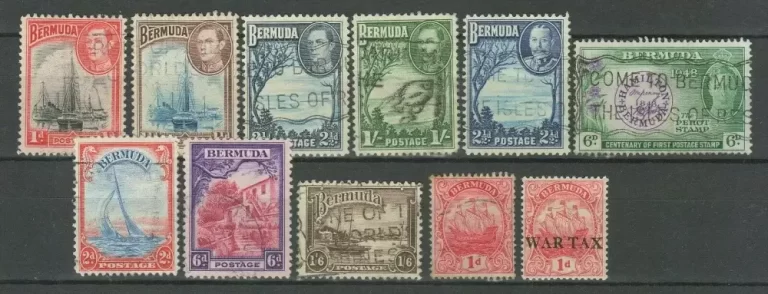
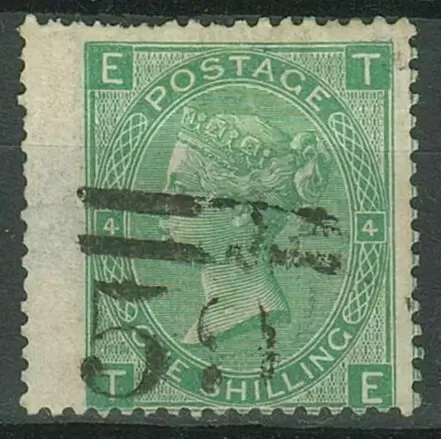
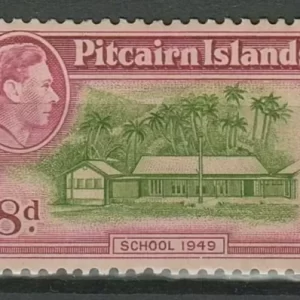
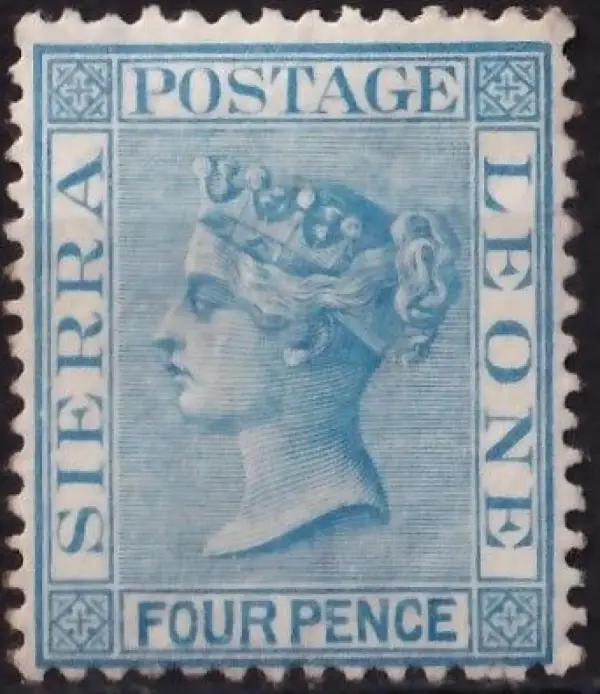
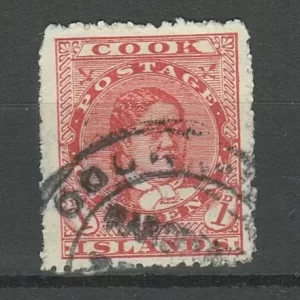
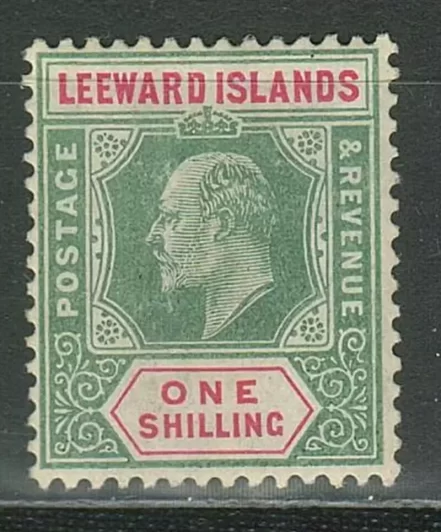
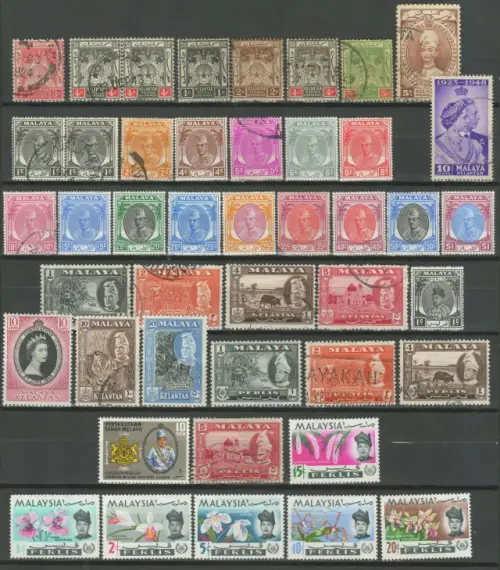
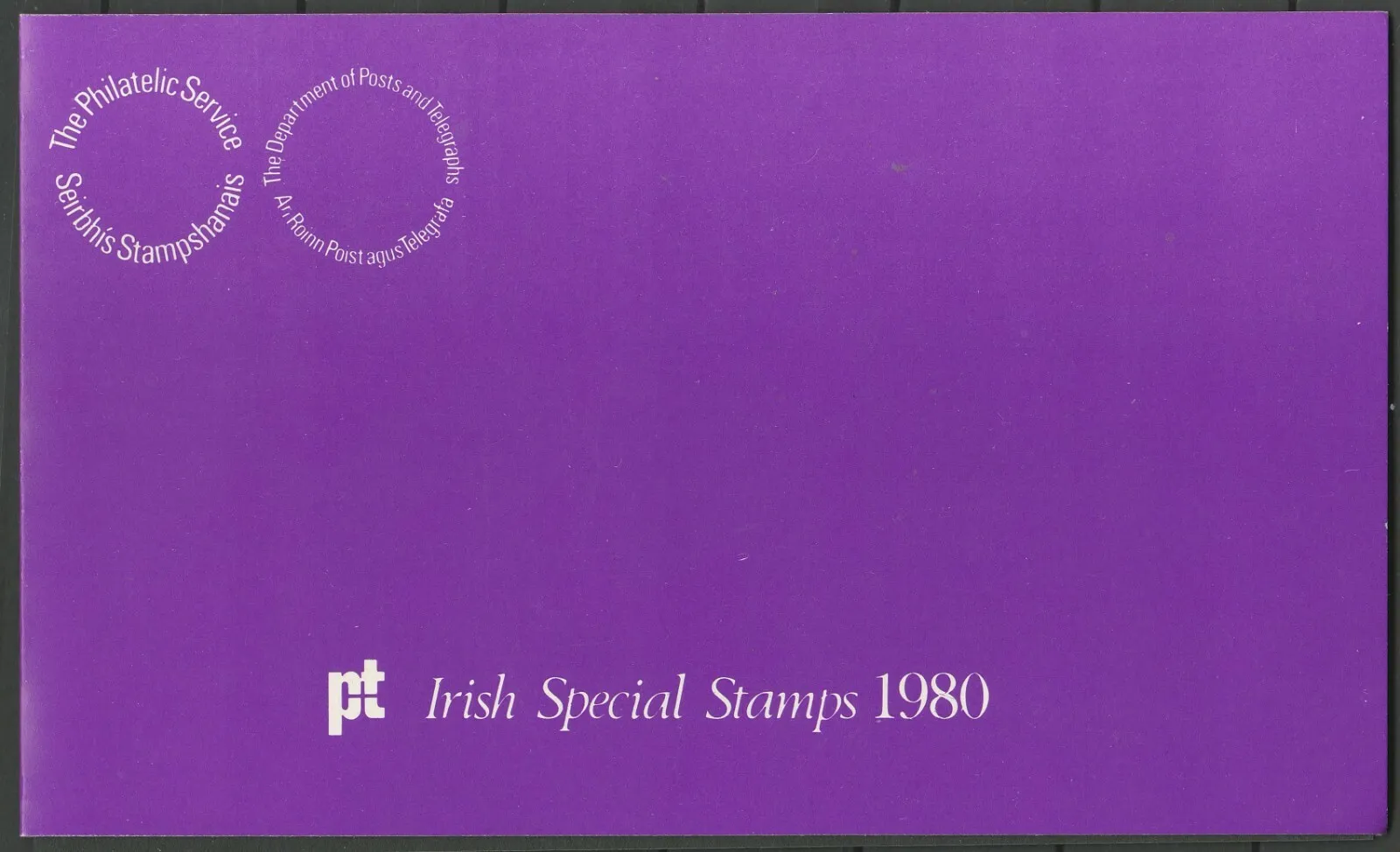
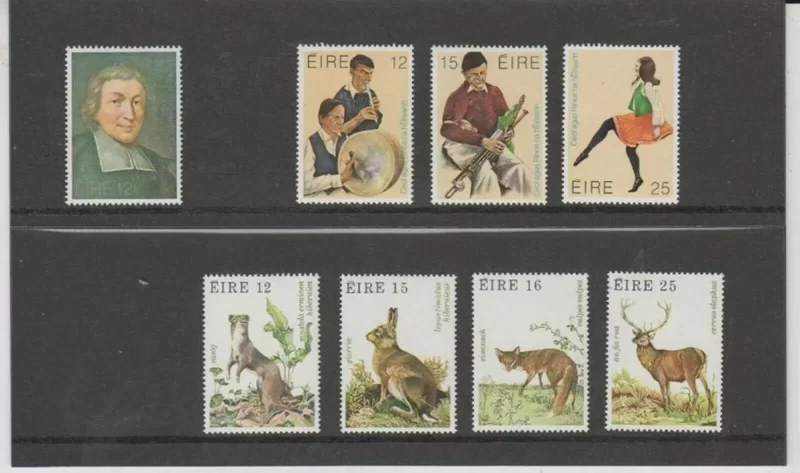
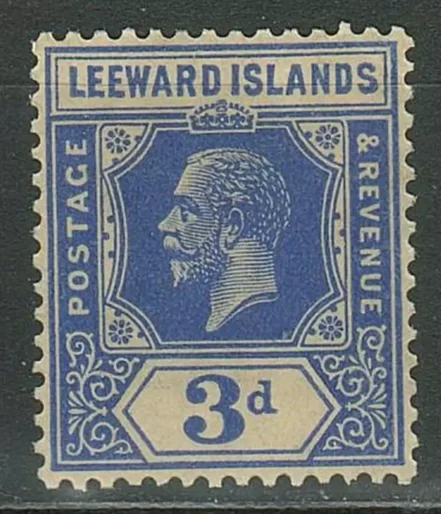
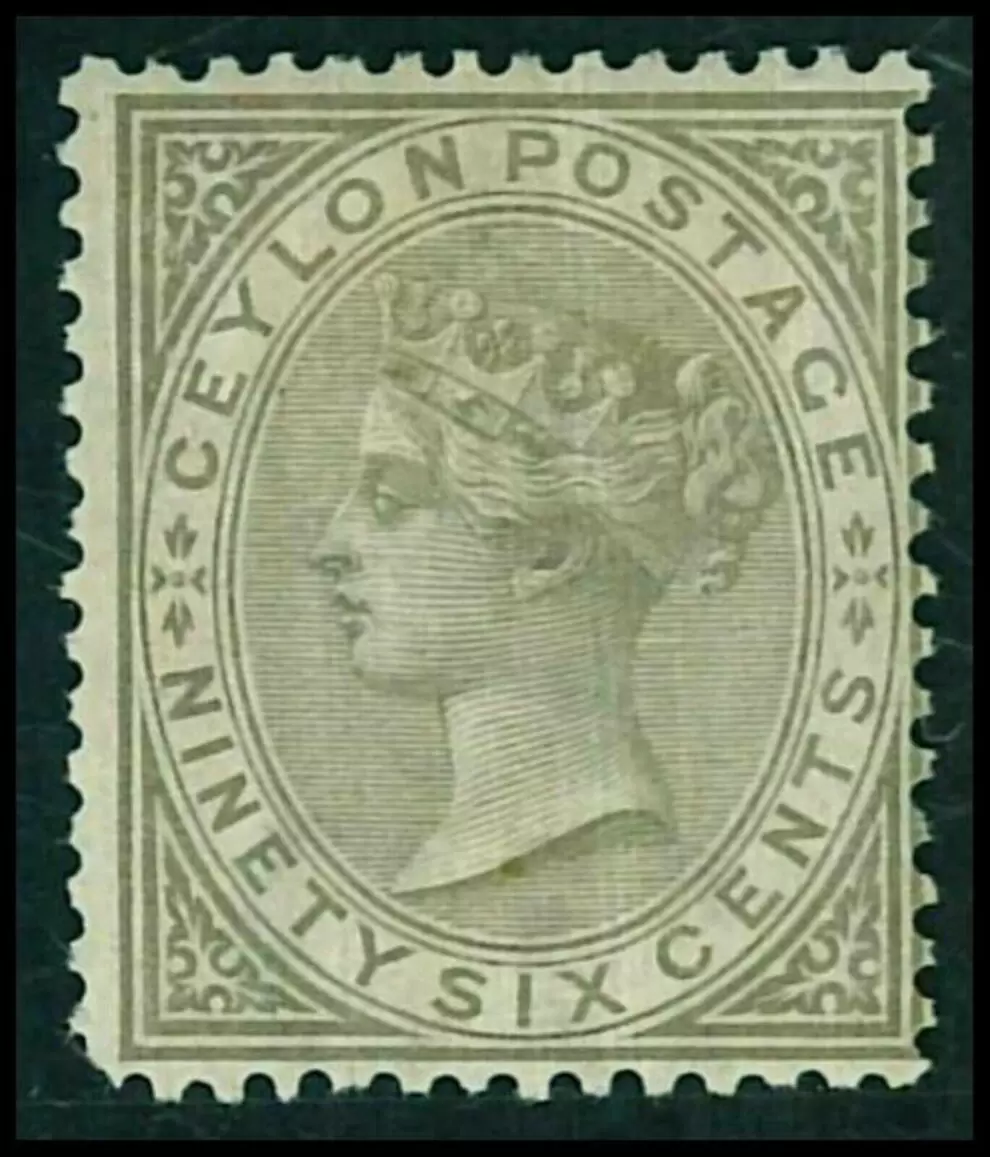
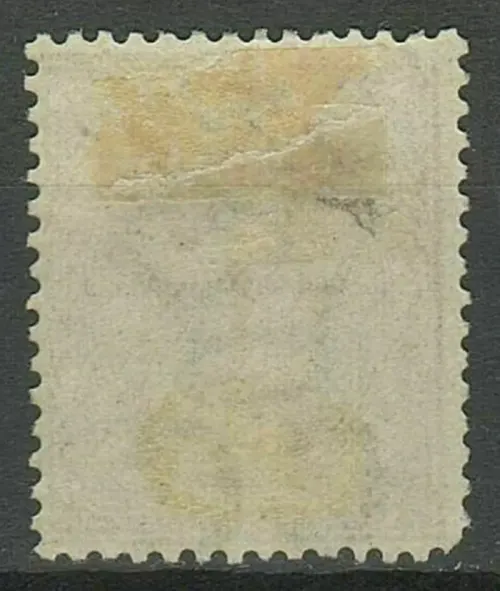
Reviews
There are no reviews yet.